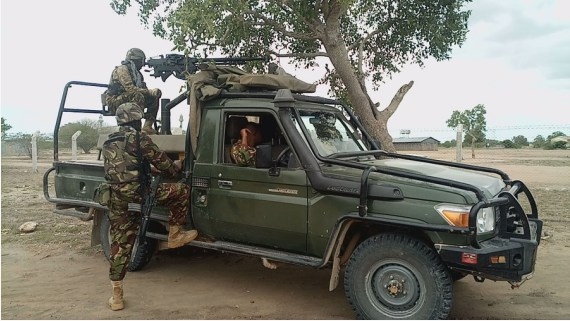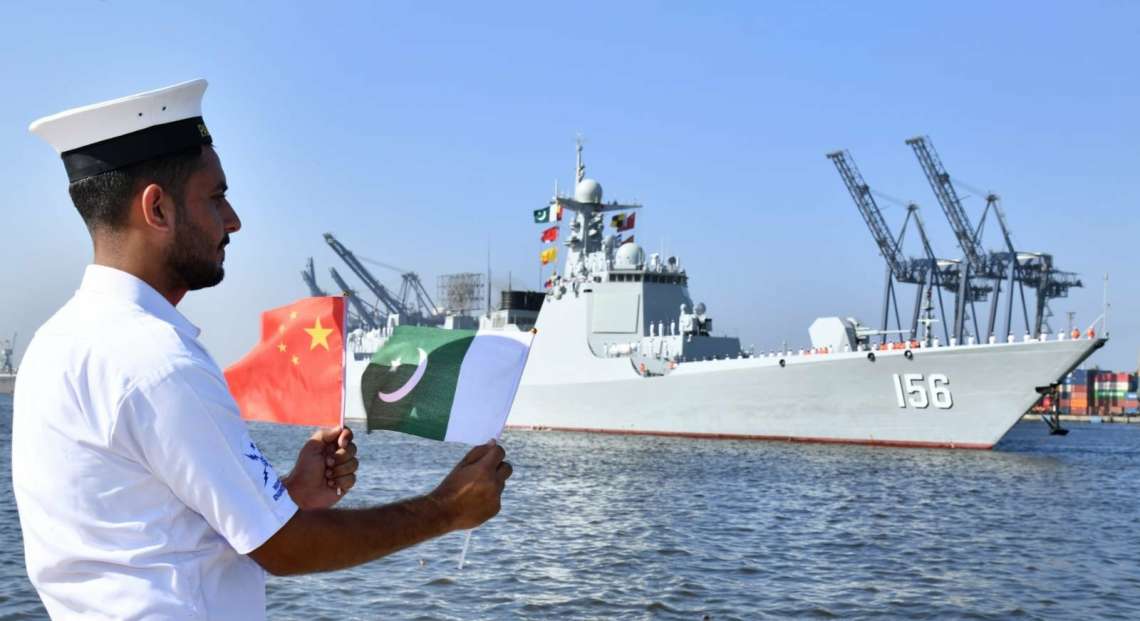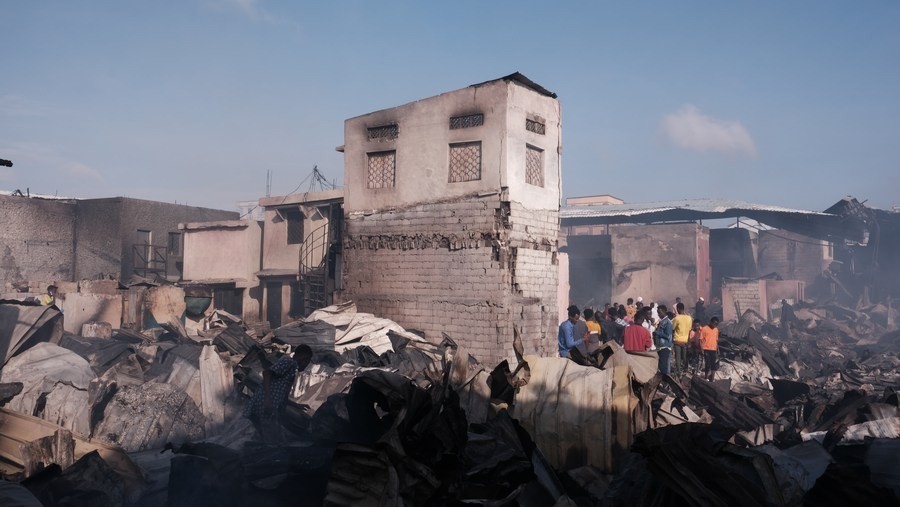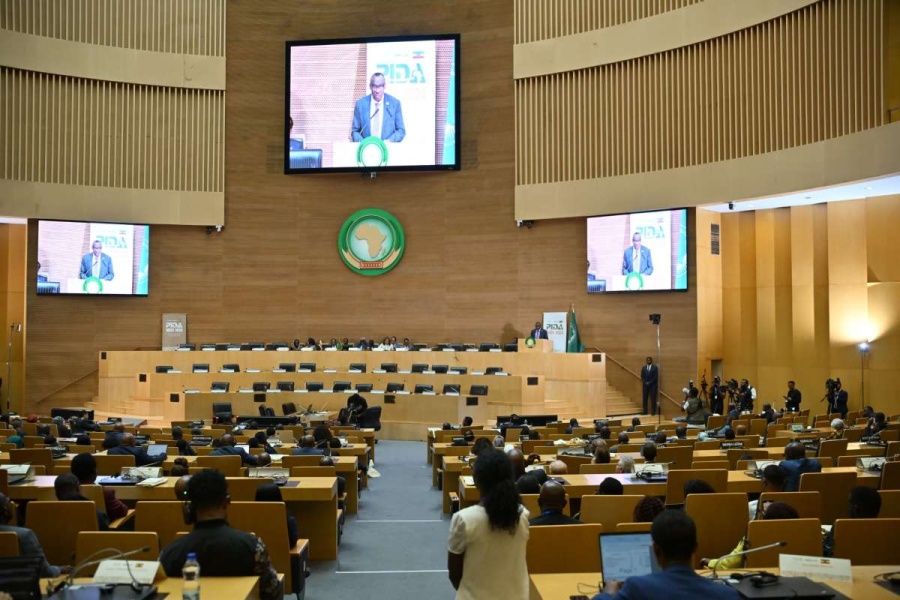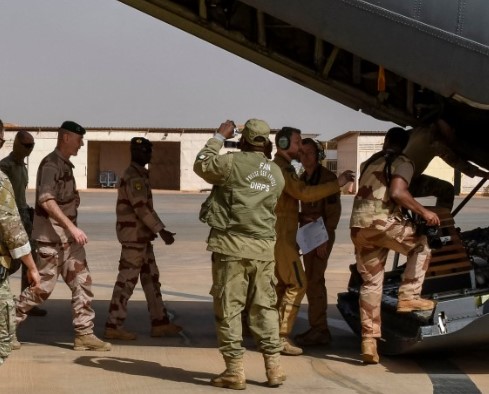Turkey has been mediating between the two east African countries as tensions between them have simmered since Ethiopia signed a memorandum of understanding with Somaliland in January to lease land along its coastline to establish a marine force base…reports Asian Lite News
Ethiopia and Somalia agreed on Wednesday to hold “technical talks” to resolve a dispute sparked by Ethiopia’s deal with Somalia’s breakaway region of Somaliland, according to a statement following talks in Turkey.
Turkey has been mediating between the two east African countries as tensions between them have simmered since Ethiopia signed a memorandum of understanding with Somaliland in January to lease land along its coastline to establish a marine force base. In return, Ethiopia would recognize Somaliland’s independence, which Somalia says infringes on its sovereignty and territory.
A joint declaration was reached after Turkish President Recep Tayyip Erdogan met separately with Somali President Hassan Sheik Mohamud and Ethiopian Prime Minister Abiy Ahmed on Wednesday.
It says the sides agreed the talks, which would begin by February 2025 and conclude within four months, would respect Somalia’s territorial integrity while recognizing “potential benefits” of Ethiopia’s access to the sea.
The declaration also says the sides would work to “finalize mutually advantageous commercial arrangements” to allow Ethiopia “to enjoy reliable, secure and sustainable access to and from the sea,” under Somalia sovereignity.
Somaliland seceded from Somalia more than 30 years ago, but is not recognized by the African Union or the United Nations as an independent state. Somalia still considers Somaliland part of its territory.
Over the years, Somaliland has built a stable political environment, contrasting sharply with Somalia’s ongoing struggles with insecurity amid deadly attacks by al-Qaida-linked militant group al-Shabab. In November, Somaliland held a presidential election that gave a boost for its push for international recognition.
With a population estimated at over 120 million, Ethiopia is the most populous landlocked country in the world. Turkey has previously hosted two rounds of talks between the African nations’ foreign ministers but a third round, expected in September, was delayed, raising concerns of escalating tensions.
Erdogan, flanked by Mohamud and Abiy, told reporters at a late night news conference in the Turkish capital, Ankara, that the sides have reached an “important stage” in efforts to solve their dispute. The joint declaration, Erdogan said, focuses “on the future and not the past.”
“By overcoming some resentments and misunderstandings, we have taken the first step toward a new beginning based on peace and cooperation between Somalia and Ethiopia,” Erdogan continued. He also said he hoped Somalia would take steps to give Ethiopia sea access.
Abiy, the Ethiopian prime minister, insisted that “Ethiopia’s aspiration for secure access to the sea is a peaceful venture and one that would benefit all our neighbors.”
“I believe that today’s constructive discussions will push us into a new year with this spirit of cooperation, friendship and the willingness to work together instead of against each other,” he said.
Somalia’s president said the Horn of Africa is a “very fragile and very volatile region, which needs both Ethiopia and Somalia to work together” for the benefit of both.
Turkey has forged close ties with Somalia, and recently also signed deals toward cooperation in defense and oil and gas exploration. It also has economic and trade ties with Ethiopia.
A Somaliland opposition leader, Abdirahman Mohamed Abdullahi, who had been critical of the deal with Ethiopia, won the November election. He is to be inaugurated on Thursday.
Meanwhile, Somalia’s breakaway region of Somaliland on Thursday swore in its new president after last month’s election that gave a boost for the region’s push for international recognition. The ceremony came a day after Somalia and Ethiopia agreed in Turkey to hold “technical talks” over a dispute sparked by a deal Somaliland made with Ethiopia.
Abdirahman Mohamed Abdullahi, the region’s former opposition leader who was elected in the November vote, became the sixth president of Somaliland, taking over from Muse Bihi Abdi in an inauguration ceremony in the region’s capital, Hargeisa.
In his inaugural address, Abdullahi pledged to strengthen foreign policy and intensify efforts to gain international recognition for Somaliland, citing a “valid legal argument” for its sovereignty.
Somaliland seceded from Somalia more than 30 years ago, but is not recognised by the African Union, the United Nations or any other country as an independent state. Somalia still considers Somaliland part of its territory.
Over the years, Somaliland has been lauded for its stable political environment, contrasting sharply with Somalia’s ongoing struggles with insecurity amid deadly attacks by al-Qaida-linked militant group al-Shabab. Since 1991, it has maintained its own government, currency, and security structures.
Its quest for recognition saw Somaliland sign a memorandum of understanding with neighbouring Ethiopia in January to lease land along its coastline to establish a marine force base. In return, Ethiopia would recognize Somaliland’s independence, which Somalia says infringes on its sovereignty and territory.
The agreement and its implications were a contentious issue during Somaliland’s election campaign, with Abdullahi criticising the deal for what he said was a lack of transparency. He has campaigned on a promise to review such agreements to ensure they align with Somaliland’s strategic interests and broader goals for recognition.
ALSO READ: Global Help Needed for Africa’s Kids


